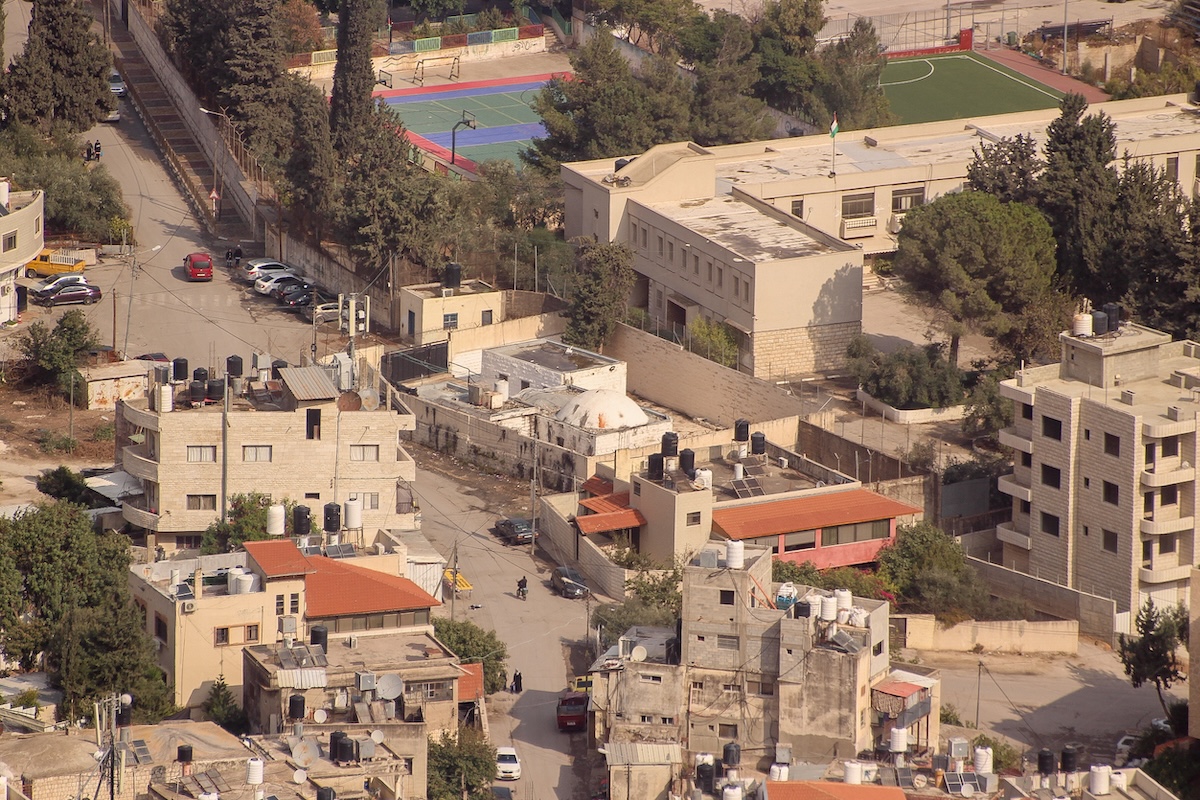Calls for IDF to protect Joseph’s Tomb grow following Nablus raid

Following an IDF raid in Nablus – which resulted in four injured soldiers and the death of two terrorists – a number of Israeli settlers are calling for the IDF to reestablish a military presence in the city to protect Joseph’s Tomb.
“The restoration of a permanent Jewish presence at Joseph’s Tomb is essential – militarily, diplomatically and historically,” Knesset Member Zvi Sukkot said, adding that “we will do everything necessary to achieve this goal.”
Sukkot is a member of the National Religious Party, Religious Zionism, a right-wing party led by current Finance Minister Bezalel Smotrich.
Both Smotrich and Defense Minister Israel Katz support the goal of reversing the IDF’s decision in 2000 to withdraw from the site, according to a report from Ynet News.
“For settler leaders and their allies in government, the Nablus operation has become a case in point for why the army should establish a continuous presence at Joseph’s Tomb, a site sacred to Jews and Muslims,” it says.
The report further states that reestablishing a military presence at the tomb would be in accordance with the Oslo Accords, under which “the tomb is recognized as an Israeli-controlled enclave within Area A, which is otherwise under full Palestinian Authority control.”

Joseph’s Tomb, which has been the site of a number of violent incidents over the years, is considered sacred in Jewish, Christian, Muslim, and Samaritan traditions.
The location of the site aligns with a biblical passage indicating that Joseph’s bones were buried at Shechem, which is located on the outskirts of the city today known as Nablus.
“As for the bones of Joseph, which the people of Israel brought up from Egypt, they buried them at Shechem, in the piece of land that Jacob bought from the sons of Hamor the father of Shechem for a hundred pieces of money. It became an inheritance of the descendants of Joseph” (Joshua 24:32).
Religious Jews today often pray at the tombs of righteous men and women from the Hebrew Bible, including at Rachel’s Tomb and at the Cave of Machpelah in Hebron, also known as the Cave of the Patriarchs.
Many Jews today visit the burial sites of these figures in order to ask for their prayers, as they believe they are in heaven praying for those on earth.
This practice is rooted in beliefs found in ancient Jewish texts from the Second Temple period, such as passages in 2 Maccabees and 1 Enoch.
According to a Jewish tradition found in the Babylonian Talmud, Caleb the spy “went and prostrated himself on the graves of the forefathers in Hebron” before entering the land of Israel, and “said to them: My forefathers, pray for mercy for me…” (Sotah 34b).
Such practices can also be found among ancient Christians, who similarly made pilgrimages to and prayed at these sites and others.
Jerome, an early Christian bishop and theologian, mentions in his writings disputes between Christians and Samaritans over Joseph’s Tomb.

The All Israel News Staff is a team of journalists in Israel.













